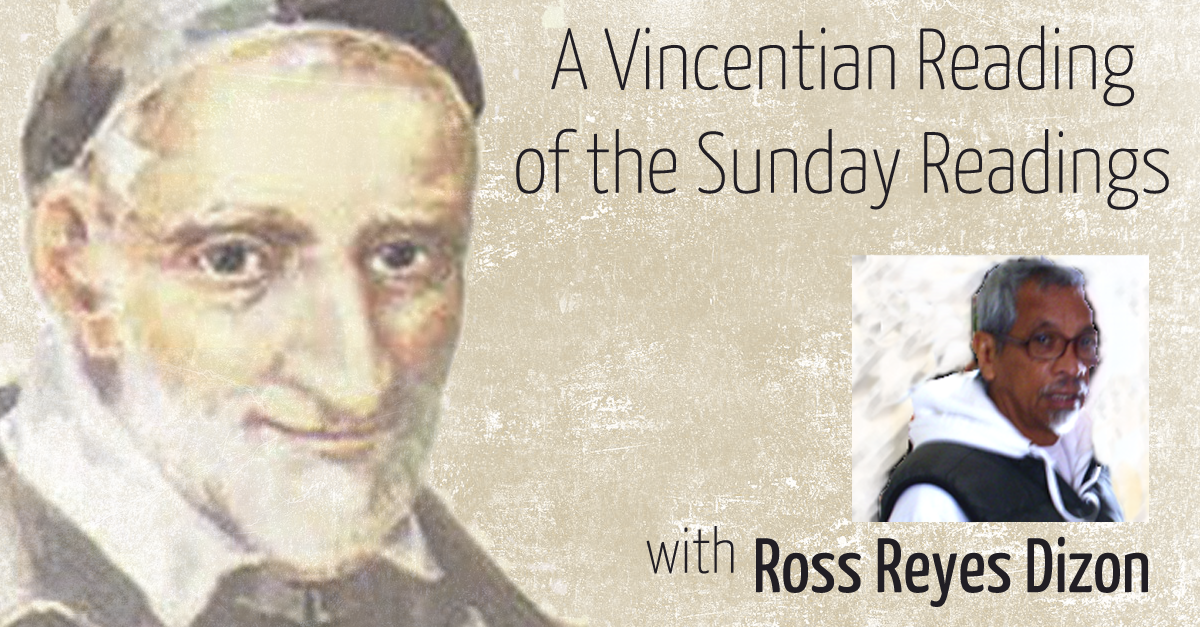Jesus is one with us sinners. Just like his Father, he takes no pleasure in our death, but rather in our conversion, that we may live.
Jesus is concerned about sinners, which shocks the Pharisees and the scribes. They complain, “This man welcomes sinners and eats with them.”
Jesus does not deny he is friends of sinners. He defends himself, however, using examples from human experience.
First, he indicates that only those who do not know a sheep-owner’s concern for every sheep find welcoming sinners questionable. In the same vein, those who do not understand the happiness of a woman who has just found a lost coin consider eating with sinners problematic. In contrast, those who know God’s concern for his children find welcoming sinners natural and understandable.
Secondly, Jesus suggests that it will be hard to know him as a kind brother if we think we are deserving of God’s grace. And it is easy to come to the belief that God owes us something because of our strict observance of the commandments.
That is how the elder son thinks. He expects something more from his father for his years of obedient service. He is the one who deserves a banquet, and not the one who has wasted patrimonial assets. According to this thinking, there are the deserving and the undeserving. In effect, then, one fosters division.
But if truth be told, grace is not due to us. Did we deserve it because of our works, then grace would not be grace. God even lavishes his grace on blasphemers. And the new Moses dismisses the promise, “I will make you a great nation,” which perhaps is the reason why St. Vincent de Paul says, “It is not enough for me to love God if my neighbor does not love him” (SV.EN XII:215). And one more thing—if we deserve anything, it is the punishment that comes with our sins.
In need of a savior
God watches us and sees that we all stray, depraved, everyone. There is not a good man left, not even one. And the fuller and more acute our awareness of the human condition of sin and death, the more prompt and resolute our proclamation, “Thanks be to God through Jesus Christ our Lord.” The more conscious we are, as St. Vincent, of our absolute poverty and complete unrighteousness before God, with greater readiness we will abandon ourselves to divine mercy (cf. SV.EN III:143).
We address to Jesus Christ the acclamation, “You alone are the holy One!” Hence, he alone can save us. And he is within our reach, since his tent is in the same camp as our tents. He calls us to conversion and new life. He eagerly longs that we partake of his banquet, sign and seal of the New Covenant.
Lord Jesus, grant that we reflect your mercy by welcoming sinners.
September 11, 2016
24th Sunday in O.T. (C)
Ex 32, 7-11. 13-14; 1 Tim 1, 12-17; Lk 15, 1-32








0 Comments